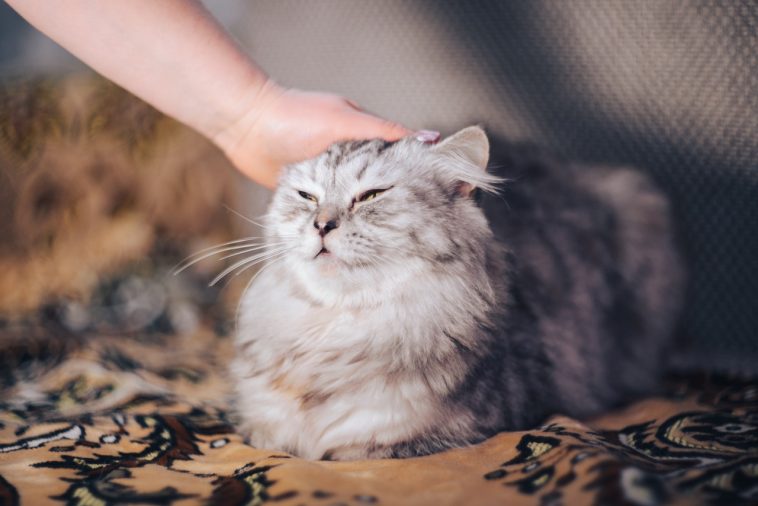If your feline friend has a penchant for licking your face, you might be wondering about the reasons behind this peculiar behavior. Here are the top seven potential explanations:
- Grooming You: Cats are meticulous groomers, and when they lick your face, they might be treating you as part of their family, ensuring you look your best.
- You Taste Good: Cats have keen senses of smell and taste. If they find your scent comforting, they may lick you to pick up more of it. They might also be attracted to salty sweat or residual food particles.
- Sign of Affection: Face-licking can be a sign of affection. It’s your cat’s way of reciprocating the love you show them.
- Scent-Marking: Cats have scent glands in their mouth and nose. When they lick you, they’re transferring their scent to you. This helps them feel secure and comfortable around you.
- Mothering Instinct: Cats often groom their kittens to keep them clean and encourage certain bodily functions. When they lick your face, it may be a sign of this mothering instinct.
- Soothing Behavior: Just like dogs, cats may engage in licking behavior when they’re anxious or stressed. It provides them with a sense of comfort and security.
- Underlying Health Conditions: In rare cases, excessive licking may be a sign of a health issue, such as pica. If you notice a sudden change in licking behavior, it’s a good idea to consult a vet.
Is It Safe? While face-licking is a sign of affection, it’s important to remember that a cat’s mouth can harbor bacteria and potential parasites. It’s a good practice to wash thoroughly if your cat licks you.
How to Manage Face-Licking:
- Get a Vet Checkup: If your cat’s behavior changes suddenly, or if they exhibit any other concerning symptoms, consult a veterinarian to rule out any underlying health issues.
- Set Boundaries: Avoid encouraging face-licking and be consistent about it.
- Avoid Overreacting: Shouting or reacting aggressively can inadvertently reinforce the behavior. Instead, use positive reinforcement for desired behavior.
- Combat Boredom: Provide toys and stimulation to keep your cat engaged and mentally stimulated.
- Increase Quality Time: Spend more time interacting with your cat to prevent them from seeking attention through licking.
Remember, every cat is unique, and their behavior can vary. By understanding your cat’s actions, you can strengthen the bond you share. If you have any concerns about your cat’s behavior, consulting a vet is always a wise choice.



